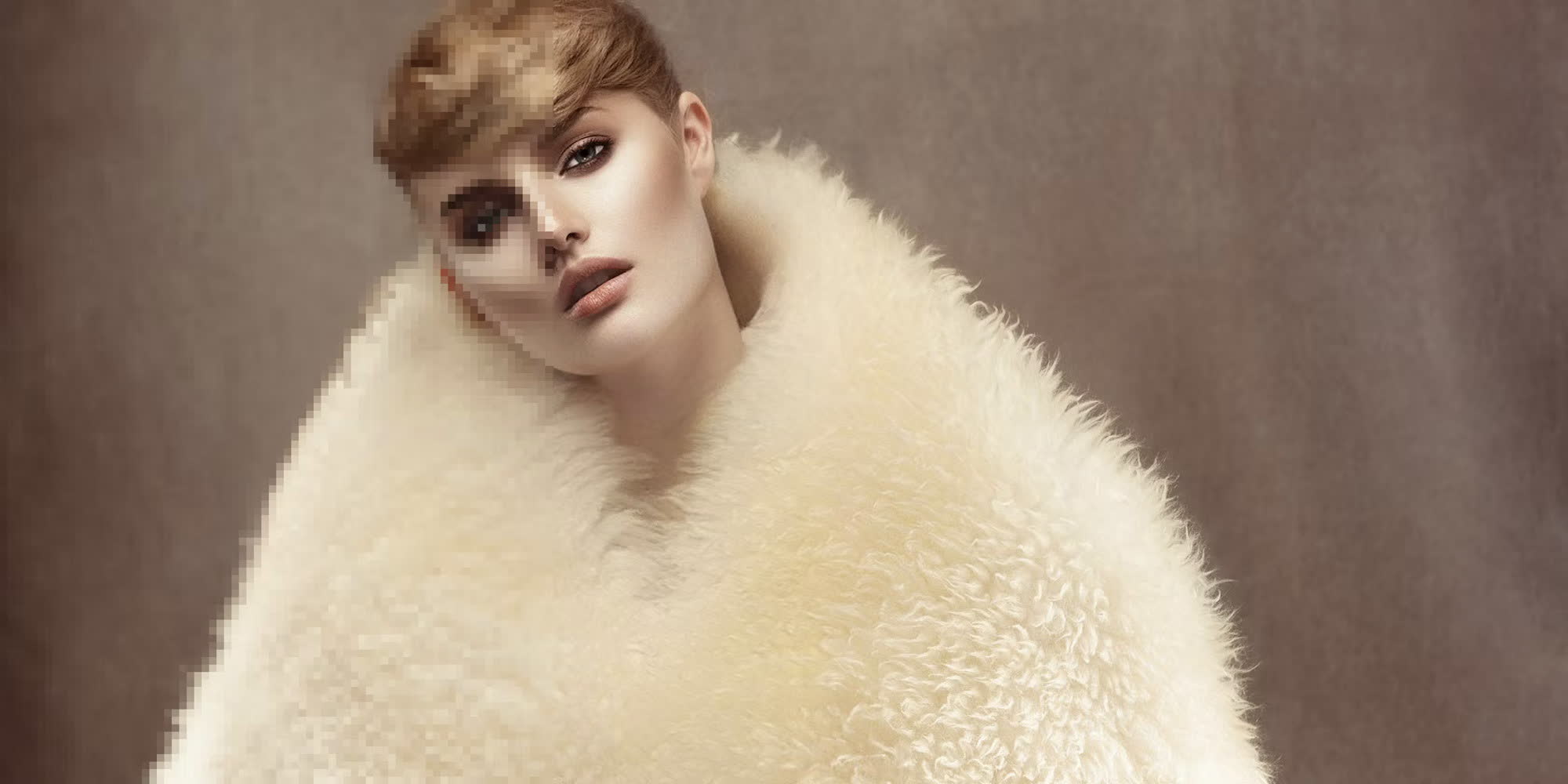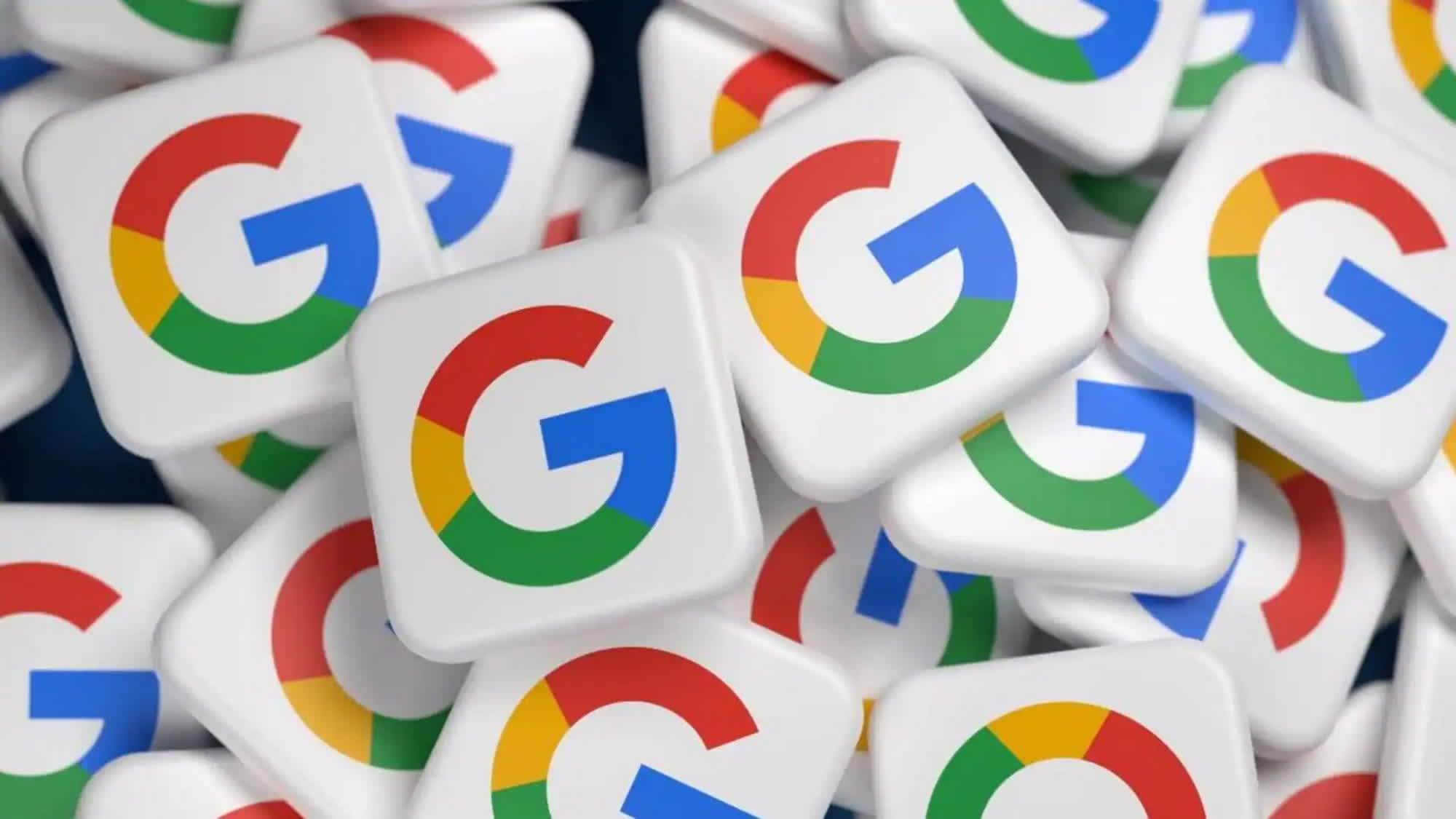Bottom line: The JPEG image format was first introduced in 1992. It is widely used on today's internet and isn't going away anytime soon. Despite the availability of modern alternatives, the humble JPEG technology is likely destined to power graphics on the web in the future as well.

Google recently introduced Jpegli, a new, advanced coding library to encode and decode JPEG images with significant improvements over traditional libraries. Jpegli is backward-compatible with existing JPEG-compatible software and can seemingly provide more visually pleasing results, along with a significantly improved compression ratio for better remote storage management.
Jpegli has been designed to be faster and more efficient than traditional JPEG, Google said. It's not a new image format, though, as all the efficiency results are achieved through the "conventional 8-bit formalism" employed by traditional JPEG algorithms. The library exploits a number of new techniques to achieve its goals, starting with full compatibility with the standard JPEG format.
Also read: How JPEG Image Compression Works
The Jpegli tech can achieve higher quality results as more precise and "psychovisually effective" computations are performed when images are compressed or decompressed through the new library. Images look clearer and with fewer observable artifacts, with coding speeds that are comparable to popular, existing approaches such as libjpeg-turbo and MozJPEG.

Google assures developers that they can adapt Jpegli's code in their software projects without significant effort, receiving advanced features in exchange. The new library can encode JPEG images with 10+ bits component, which should avoid causing visible artifacts in slow gradients, as is common with 8-bit components. The 10-bit encoding happens within the original JPEG 8-bit formalism, which means that the final compressed images are fully compatible with all existing JPEG editors or viewing programs.
According to Google's own benchmarks, when tested against existing codecs at different bitrates, Jpegli can produce "high quality" images with 35 percent more compression. Internet companies should thus enjoy a significant saving in storage space, while web pages load and run faster. Web browsers and image management software will need to implement the new library to enjoy its features and improvements.
Jpegli's techniques to reduce noise and improve image quality are adapted from the JPEG XL reference implementation, a new image format proposed as a backward-compatible replacement for JPEG. Google doesn't like the JPEG-XL "experimental" format, and the company has been accused of rejecting the royalty-free ISO standard for its own interests while developers are very much interested in using the tech.
Google's new coding library aims to improve the JPEG image format on the web